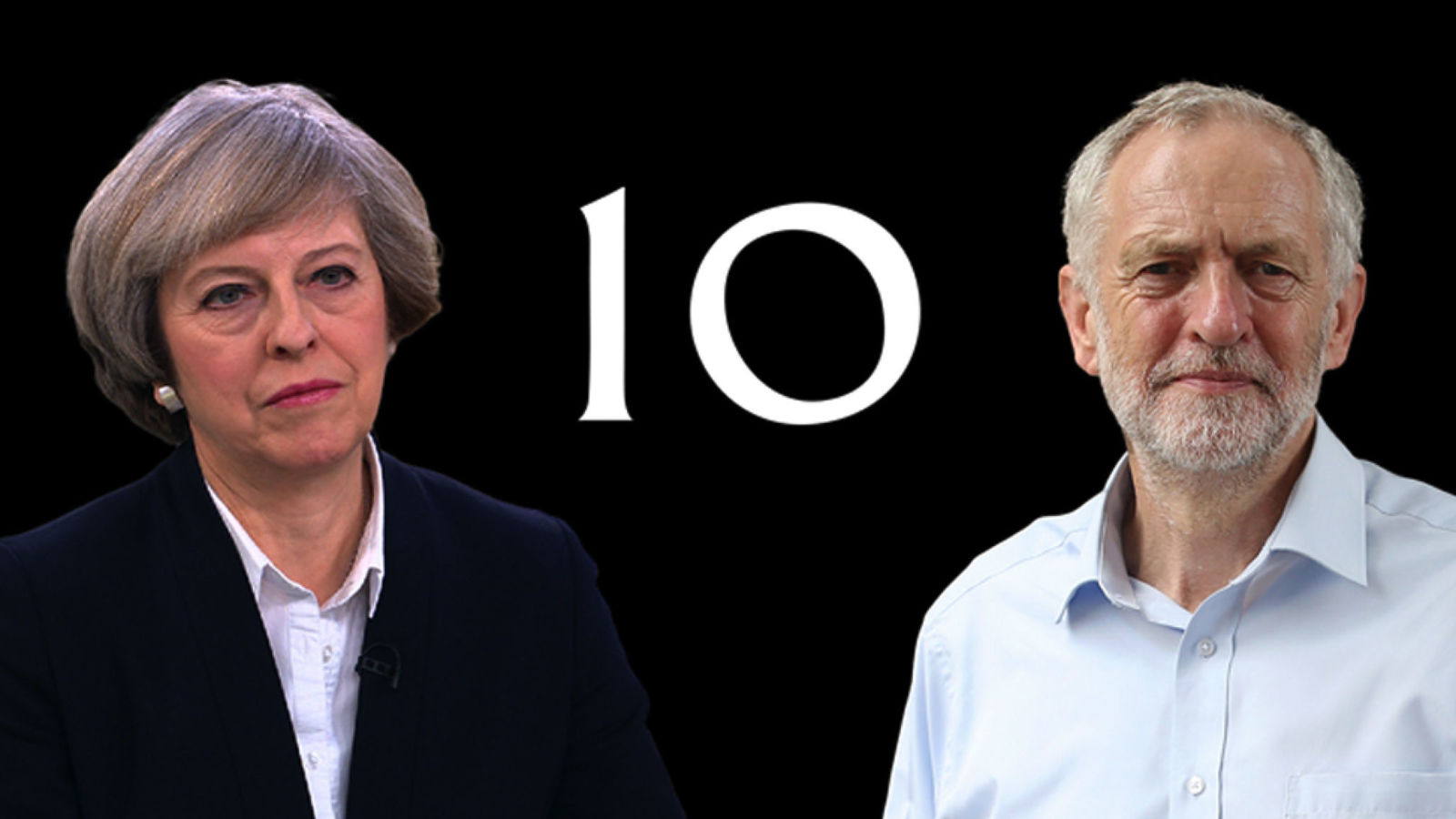It would be something of an understatement to describe the last year as a bad one in British politics. The referendum last year opened the floodgates to a whole host of problems, first claiming the scalp of David Cameron, unleashing a wave of division and resentment in civil society, and playing havoc with the economy by sweeping away old certainties. On the back of BREXIT, we’re now seeing barely contained anger at seven years of austerity, culminating in the outrage over Grenfell. Beset on a multitude of fronts, Britain also finds itself – in practice – leaderless, after Theresa May’s election gamble failed so spectacularly her political career was put on life-support.
Looking on, Corbyn’s Labour must be unable to believe its luck. Of course, saying Labour won the election is stretching the truth, but it seems impossible to deny that the momentum (forgive the pun) is firmly behind them. The Tories are engaging in an extraordinary form of electoral mass suicide, which has culminated in their implosion in the space of six months, whilst Corbyn is looking increasingly comfortable and popular – so much so, he appeared at Glastonbury to chants of his name: a kind of popularity among young voters most typical politicians could only dream of.
In fact, it would be easy to say that the Tories are wounding themselves so badly, with their thirty-years’ war over Europe, that Labour, with some relentless parliamentary pressure, could push the Tories over the edge and sweep into Number 10. By letting the Tories own the disastrous consequences of Brexit, frustrating May’s fractious government at every turn, and taking an uncompromising line that the sooner the Tories are turfed out the better, Corbyn might just be able to strangle the government.
However, the issues we are facing are far too grave for this kind of adversarial intransigence. We, as a country, are in stormy waters which demands a constructive cross-party approach. Labour cannot regard Brexit as a poisoned chalice that it will force the Tories to drink; it must engage with the issue – and, yes, own it – by ending the vagueness surrounding its position and categorically stating its approach to the single market and customs union, as many MPs are already urging.
For their part, the Tories must acknowledge the shifting winds on Brexit (as voters begin to notice the economic storms ahead) and jettison some of their more vacuous and ridiculous positions, such as “no deal is better than a bad deal”. There are a great number of senior Tories, chief among which is Philip Hammond, who acknowledge that sabre-rattling on immigration and the evil intentions of the EU will come at an economic cost. On this, many Labour figures agree. There should be clear and open attempts to reach a broad, cross-party consensus which can be assured passage through Parliament. To political point-score over which party offers the “best Brexit”, above finding a consensus, will fail to serve the national interest.
On other issues too, such as Grenfell, decisive inquiries and legislation need to be enacted urgently. It can be, and is being, debated as to what the cause of the Grenfell tragedy is; austerity surely plays a part, but then concerns over lax oversight and negligence predate the current Tory government (see: New Labour’s Decent Homes Initiative and Lakanal House) and many such tower blocks (there are 60 blocks found to have unsafe cladding at the time of writing) are in Labour, Lib Dem and Tory controlled areas. The crisis does not belong to one party or one issue, and therefore it should not be treated as such. All parties are culpable, so all must come together to hash out a solution to this national embarrassment. Rather than play a strung-out blame game, MPs should focus their energy on gauging the problem, talking to each other, and enacting legislation as well as control mechanisms so that this does not happen again. We can all agree that this is a moral outrage; the real question is, can MPs work together to put it right?
My point is simply that against the headwinds of difficult economic times and a fragile civil society, May, Corbyn and other party leaders must recognise that these problems are bigger than their careers, or even their parties. Now more than ever, we face multifaceted and overbearing issues for which we need all the talent and consensus we can get.
It is tempting now for Labour to withhold support and destabilise the government and watch the Tories squirm, but this is to lose sight of the bigger picture. We cannot afford opposition for opposition’s sake; of course, Corbyn must hold the government to account, but he must also resist the temptation to obstruct every piece of Tory legislation or politicise every issue.
Indeed, this would probably be in his interest; large swathes of the country (even many who voted Labour) are still unconvinced that Labour are a viable governing party and struggle to take Corbyn seriously, not least because internal party divisions are still rife. But if the party can work with their opposite numbers to take charge of cross-party issues like Brexit and Grenfell, and Corbyn can seize the chance to get the centrist wing of Labour back on board this opinion amongst the electorate might well change. Now is a chance for Corbyn to prove that, where needed, he can put short-term politics aside to secure the national interest.
Britain is a divided country, and there are many things on which we perhaps will never agree with each other. But we should not give up on trying, least of all now.
Samuel Robinson
(Image courtesy of Sky News)

